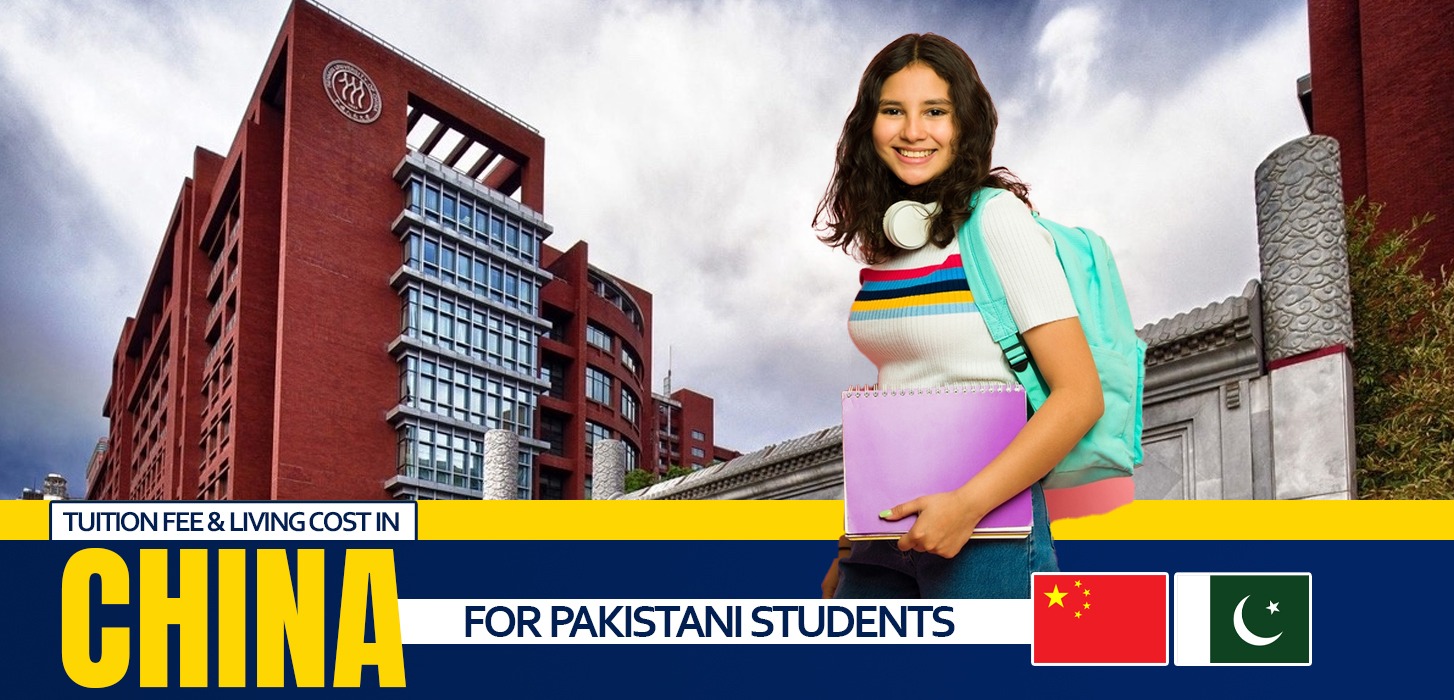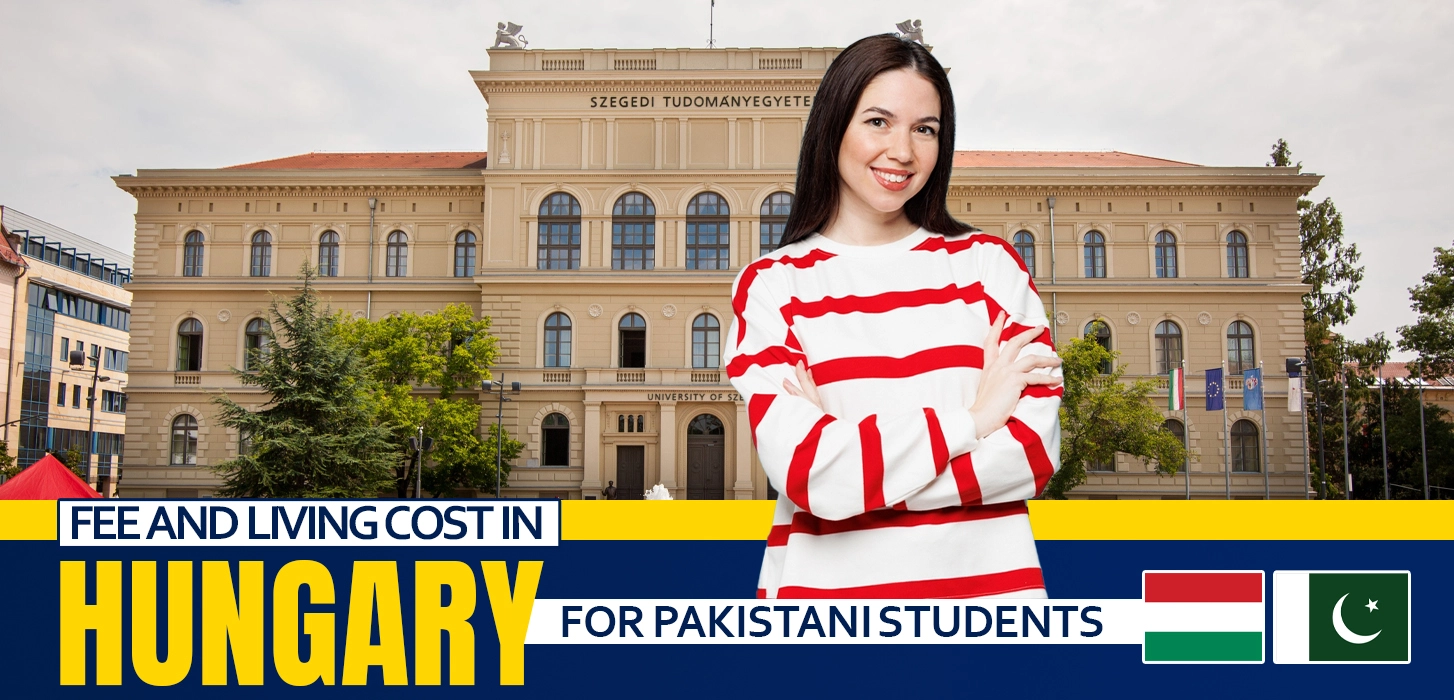
Study in Switzerland for Pakistani Students | Tuition Fee | Eligibility Criteria | Switzerland Visa Guide | Scholarships In Switzerland
Switzerland boasts a world-renowned education system, structured across public and private schools.This system emphasises high academic standards and student-centred learning, fostering a strong foundation from primary to tertiary education. International students are attracted to Switzerland’s prestigious universities and research institutions, with the opportunity to pursue various programs. Additionally, the country’s central location within Europe makes it an ideal springboard for further academic pursuits or professional opportunities across the continent.
Table of Contents
University Name | City | Estimated Yearly Tuition Fees (EUR) |
ETH Zurich (Swiss Federal Institute of Technology Zurich) | Zurich | 1,200 – 2,000 |
EPFL (École Polytechnique Fédérale de Lausanne) | Lausanne | 1,200 – 2,000 |
University of Basel | Basel | 1500-2,500 |
University of Bern | Bern | 1,500 – 2,500 |
University of Geneva | Geneva | 1,500 – 2,500 |
University of Lausanne | Lausanne | 1,400 – 2,400 |
University of Lucerne | Lucerne | 1,400 – 2,400 |
Università della Svizzera italiana (USI) | Lugano | 1,800 – 2,800 |

Earning a degree in Switzerland unlocks a world-class education and potential career opportunities. But before you get there, securing a student visa is essential. Here’s a breakdown of the general visa process:
Preparation is Key
The first step involves gathering the necessary documents. The core documents include a valid passport (with sufficient validity beyond your planned stay in Switzerland), your official university acceptance letter, proof of financial resources to support yourself during your studies, documented accommodation, plans (like a residence permit confirmation or rental agreement), and comprehensive health insurance valid throughout your stay in Switzerland. Depending on your nationality and program, additional documents like transcripts, entrance exam scores, or proof of language proficiency might also be required.
Contact Your Home Country’s Swiss Embassy or Consulate
Locate the nearest Swiss embassy or consulate in your home country. They will provide specific instructions on the application process and any additional documents you might need based on your nationality.
Submitting Your Application
Once you have all the required documents, complete the visa application form and submit it along with everything else to the embassy or consulate. You might also need to schedule an interview. There may be associated application fees, so be prepared to cover those as well.
Processing and Collection
Processing times can vary depending on your nationality and the workload of the embassy or consulate. To avoid delays, factor in ample time (generally several weeks) for processing. Once your visa is approved, you can collect it from the embassy or consulate.
Switzerland offers a unique opportunity for international students to combine their studies with part-time work. This allows you to gain valuable experience, improve your language skills, and potentially offset living expenses. Here’s a breakdown of work regulations for international students:
Eligibility:
EU/EFTA/Swiss students enjoy the most freedom. They can work without restrictions on hours or needing a permit due to free movement of labour agreements.
Non-EU/EFTA students have specific regulations. During the semester, they can work part-time (up to 15 hours per week) with a valid student residence permit. However, during semester breaks and holidays, they are allowed to work full-time.
Obtaining a Student Residence Permit:
Non-EU/EFTA students need to apply for a student residence permit within 3 months of arriving in Switzerland. This application is submitted to the SEF (State Secretariat for Migration) and typically requires documents like your passport,proof of enrollment at your university, and proof of financial means to support yourself.
Finding Your Ideal Part-Time Job:
A variety of part-time jobs are available for students in Switzerland. Popular options include working in hospitality (restaurants, cafes, hotels), retail stores (sales associate, customer service), customer service call centres, administrative roles (data entry, office administration), or even freelancing depending on your skills and qualifications.
Benefits of Working as a Student:
Working as a student offers several benefits. You can gain valuable work experience, enhancing your resume and building professional skills relevant to your field. Daily interaction with colleagues and customers helps improve your language fluency. The income you earn can help offset living expenses in Switzerland. Additionally, you can build professional networks that could benefit your future career.
Important Considerations:
Switzerland has a high minimum wage, so be sure to check the current rate to understand potential earnings. While employers typically handle the work permit application for your part-time job during the semester (for non-EU/EFTA students), you might need to initiate the application yourself during breaks or full-time work.
Choosing Your Program
Research the multitude of universities scattered throughout Switzerland, each boasting a unique selection of programs.Carefully consider your academic goals and identify programs that align with your interests.

Strong academic performance in subjects relevant to your chosen field is generally a prerequisite. Graduate programs typically require a Bachelor’s degree in a related field from a recognized institution. Entrance exams might be necessary, particularly for competitive programs. Language proficiency is crucial. Proof of German language proficiency is typically required for programs in German-speaking regions, French for French-speaking regions. Some universities offer English programs requiring TOEFL or IELTS scores. Additional requirements like a compelling motivation letter showcasing your academic achievements and aspirations, a portfolio demonstrating your creative skills (for programs like Architecture or Design), or letters of recommendation from professors or previous employers might apply depending on the program.
Each university has its own application process and deadlines. Carefully research the specific requirements and application procedures for your chosen programs on the universities’ websites. Gather the necessary application materials, which typically include transcripts, standardised test scores (if required), and application essays or letters of motivation.
Deadlines can vary significantly, so starting early is crucial. Application fees might apply, so factor those into your budget. International students might need additional documentation, such as proof of financial resources to support themselves during their studies.
Switzerland boasts a world-renowned education system with prestigious universities offering various programs. International students are drawn to its high academic standards, student-centred learning, and central European location. The estimated yearly tuition fees typically range from 1,200 to 2,800 EUR.
Obtaining a student visa requires careful preparation. You’ll need documents like a valid passport, proof of financial resources, and health insurance. Contact your home country’s Swiss embassy or consulate for specifics. After submitting your application and attending a possible interview, allow for processing time to collect your visa. And enter the world of opportunities.
Latest Post
Lithuania has become an attractive destination for Pakistani students seeking...
Many Pakistani students dream of studying abroad but are often...
According to the Ministry of Education and Research report, In...
Pursuing higher education in New Zealand is a top destination...
The UK has always been a student-preferred destination for gaining...
Understanding the tuition fee & living cost in China is...
Hungary is an increasingly popular choice for Pakistani students pursuing...
Studying in Oman is an excellent opportunity for Pakistani students...










